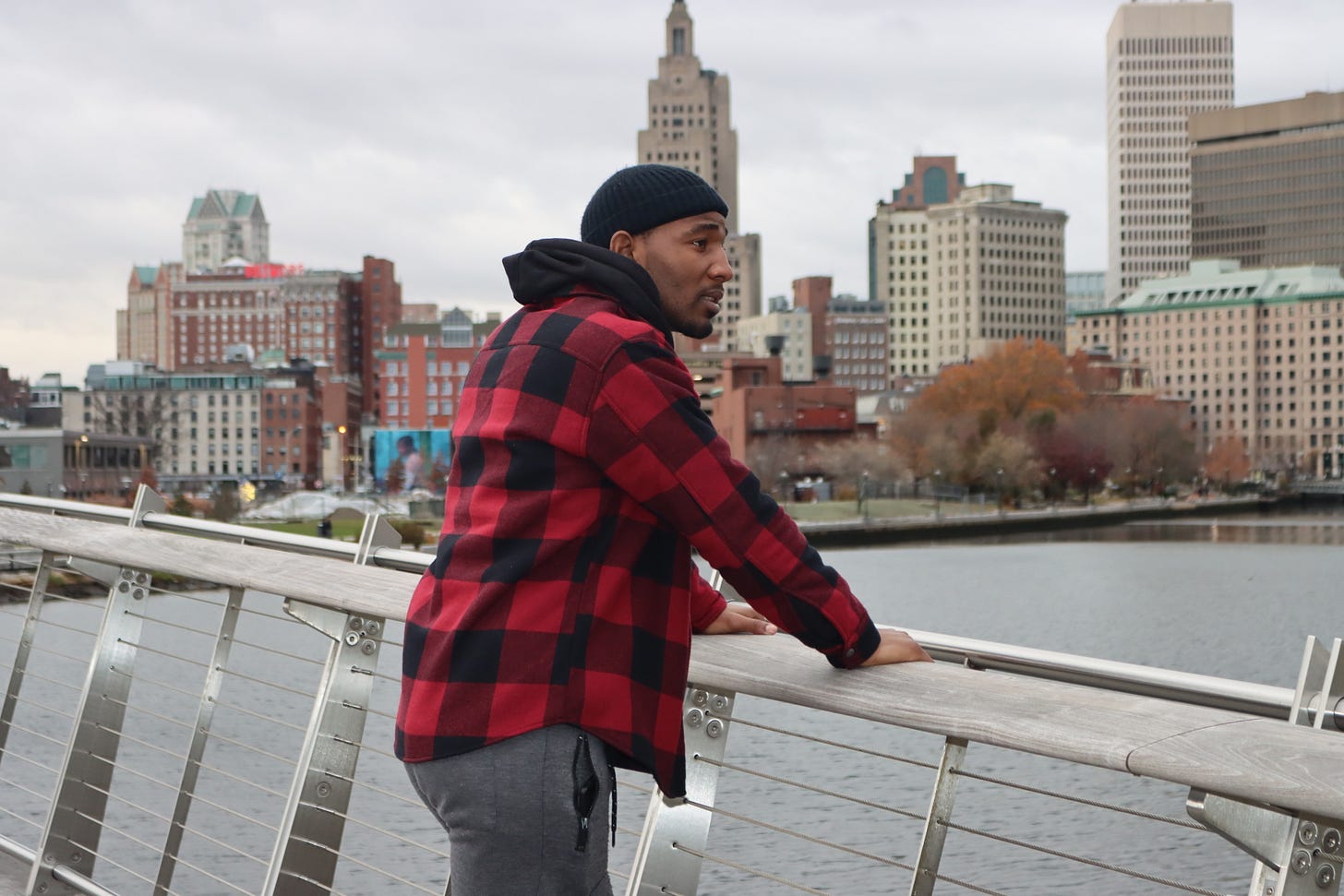Of Incognito Migration
Unveiling the Secretive World of Migration in Zimbabwe
I stumbled upon a tweet that read, “There’s nobody as secretive as a Zimbabwean working on a visa to travel abroad”.
The comments section was burning. Someone said that “In a broader sense, there’s no one as secretive as a migrating African”. It seemed like a big deal that people did have to keep to themselves when making plans to migrate. In the default state, usually, you only tell a few people you know and are always with like family and close friends. But, when that WhatsApp phone number changes country code, the nation comes for you.
“When did you get to the other side?”
“How is it that we don’t know?”
“Oh!, so you don’t talk when you’re leaving us?”
All these questions come in many forms, from a wide range of counterparts —church members, distant friends, extended family, classmates, workmates and from whomever the Lord wills within them. It seemed to me, as I was scrolling through the Twitter thread, that there was a general desire to unveil the opportunity for themselves too. Given the realities of Zimbabwe’s status quo, it sounded very legitimate for a fellow Zimbabwean to need to know how they can also find the green grass on the other side. For some, it was just loving to be in other people’s business, unfortunately.
What people think
In most of the responses to the tweeted sentiment, fear of being jinxed was the underlying theme. Of Course, many went on to retell how when they had disclosed having received a visa their documents got stolen or something rather unfortunate presented itself as a hurdle in the process. For others, everything was going so well until a few people knew about it then flights were missed or something unfathomable occurred. Some cited the existence of jealousy and hence not everyone is going to be happy for you and the opportunity that lies ahead. Everyone wants that for themselves so some choose the dark response to your situation.
Fear of failure was one of the reasons stated for migrating under the radar. I loved this rationale, mostly because I could relate. The fewer the people who knew the easier it was to explain when all the preparations did not go through. Not to mention the unwarranted embarrassment that accompanied you when you had preached about the upcoming move only to be seen roaming the same streets on a date you were expected to be out and away. The fear of being around those people is more of a personal I-should-not-care crisis that everyone should or exhibits to certain levels. But even the ones who say their what-do-people-think syndrome is at a bare minimum to nonexistent do, to a significant extent, care about what people would say.
My story
I'm not usually the one to fear jinx as the very first thing that would impede progress in anything that I’m doing. I won’t argue against its existence either. I get this trait from my late grandpa; an ever-joyful soul packaged with endless overflowing wisdom. To him, people are capable of evil but never assume they are evil until they have been evil. Even at your worst, the assumption that external forces of “African science” was to him an excuse for bearing responsibility as the self. I respected that about him. And I adopted it unconsciously. It didn’t mean that when we had plans about anything, I would be justified if I invited crowds to a beer brewing ceremony and shared a sermon about the news. But those people who usually ask why they didn’t get the memo when they see a social media post of the aeroplane window, he would tell without thinking about being jinxed.
Some of it was based on his strong faith that if God had ordained something to be, it would, regardless of who knows the news. Well, it's not easy to decipher the situation when the question of greater powers is invoked. We shall live this phenomenon here.
When I was leaving the motherland, my mother had me tell very few people about my migration plans. I wasn’t afraid of any jinx. Not at any point. My battle was more in the area of just having a little faith. What if it doesn’t work out? What will my people say? What next after that; back to living without any form of hope? In the same lane though, I was so excited that I would spill the news to some of my friends here and there. I never assumed anything amiss would come from my disclosing to them. I had also witnessed a lot of people around me disappear and the next thing I hear is they are now in a foreign country and me being on home ground, I would have the same questions. When? How? Why? Why didn’t they tell us?
For a sentimental person like me, most of my great experiences are purposely created and thus, cherished. The idea is that every moment is me making history so that when I look back, I can be proud I lived in that moment. I sometimes even romanticize the past. Taking the incognito route limited me from having great emotional moments with people I didn’t know when I would ever see again. I used to think before I left, I would have all my former high school friends for a sleepover at my granny's house in the village. We were going to have a braai(barbeque) and sit around the fire in the dark while rekindling yesteryear memories. Something we had done during our last days in high school. We were going to go horse riding the following morning at a plantation in the village area. I had made plans to see other people for the last time. Final dates. Take out my favourite people from my college class for one last meal. Hang out with the boys. Take pictures and seal the moments in time. Because I had to keep the progress of my move to a few people around me, all my visions were not possible. I became so overwhelmed that I forgot to share the news with many people I would have loved to bid farewell to.
The first few days of my arrival in America brought with it a dent of hostility, in particular, from other family members who felt they deserved to know about my moving plans. I think I empathized with others but genuinely not with the uncles I had last spoken to in forever. I grew up in many family homes and had many people take care of me since my mother was abroad. I would stay with whomever auntie or uncle was convenient for me or them at that particular point in time. Now seeing their “baby boy” disappear without any update may have seemed like a lack of gratitude for the parenting I got or rather inconsiderate of their whole existence as parents. I assume that’s what it would have implied. Mom had to soften and console some over the phone while many others were left to the freedom of their entitlements. I did have a lot of explaining and coaxing on my end too, to which I tried my best to salvage the important relationships
As we close
I’m not trying to fix the normal order by a single post. The realities of migration are the same in Zimbabwe and Africa. Mine is not a unique story but it’s humorous how the nature of Zimbabwe’s economics and politics has brought us to such internal affairs. My theory is that such matters would be minor if the question of migration wasn’t a big deal in Zimbabwe and Africa.
In that Twitter thread and in this article, I believe there is a subtle cry for a better Zimbabwe where the dream is not to be far from home.





